Who are the potential contenders to succeed Pope Francis?
Predicting the outcome of the upcoming papal conclave to select the next pope is notoriously difficult, with Vatican experts and the media rarely getting it right.
The conclave, which will be held in the Sistine Chapel, is scheduled to start on Wednesday 7 May.
Pope Francis appointed 108 of the 135 cardinal-electors, many of them in countries far away from the Vatican's traditional European powerhouse, offering a more global perspective than ever before.
This also makes it even harder to second-guess who will emerge from the conclave as the 267th pope and leader of the world's 1.4 billion Catholics.
With that in mind, here are the names of the so-called papabili - the cardinals being spoken about as potential successors to Pope Francis.
Pietro Parolin, Italy
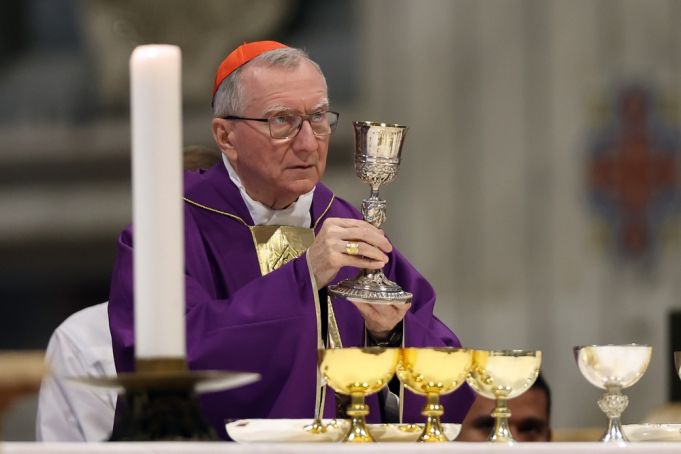
The bookies' favourite is Italian cardinal Pietro Parolin, 70, who has served as the Vatican's secretary of state since 2013. Viewed as a moderate candidate and a "safe pair of hands", the gently-spoken cardinal from the northern Veneto region has acted as the Vatican's second-in-command under Francis. A skilled diplomat, critics say Parolin could place diplomacy above Catholic dogma, however his supporters champion his pragmatic, idealistic style.
Luis Tagle, Philippines

Dubbed "the Asian Francis" for his dedication to social justice, the poor and migrants, Cardinal Luis Tagle, 67, could be in line to become the first Asian pope. He is also known for upholding the Church's stance against divisive topics including abortion, euthanasia and same-sex marriage. The Vatican evangelization chief and former archbishop of Manila was touted as a papabile candidate ahead of the conclave that elected Francis.
Matteo Zuppi, Italy
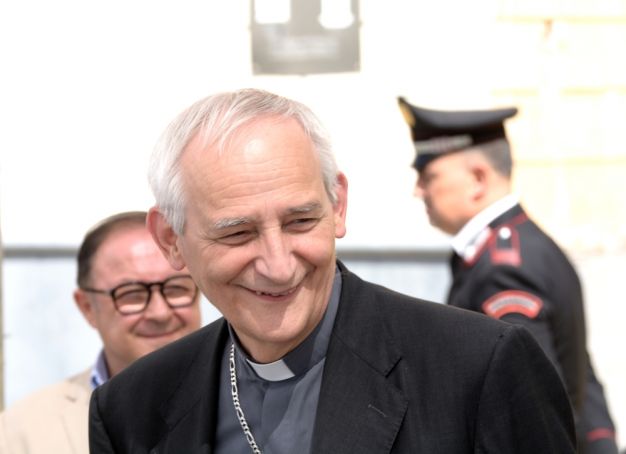
Viewed as one of the more progressive, liberal-leaning candidates, Cardinal Matteo Zuppi, 69, was a close associate of Francis, sharing the late pontiff's concerns for the poor and marginalised. From Rome, Zuppi has been president of the Episcopal Conference of Italy for the last three years. In 2023 he was asked by Francis to lead a mission to help ease tensions in the conflict in Ukraine. Zuppi became a cardinal in 2019 and has served as Archbishop of Bologna for the last decade.
Peter Turkson, Ghana
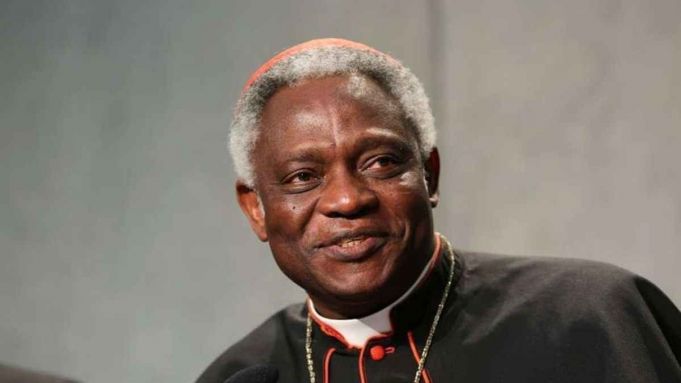
Cardinal Peter Turkson, 76, was among the favourites touted as a papabile in 2013, with some believing he has a better chance this time. Francis appointed Turkson in 2022 as chancellor of the Pontifical Academies of Sciences. Prior to this he headed the Pontifical Council for Justice and Peace. Although in the conservative wing, Turkson has opposed the criminalisation of homosexual relationships in African countries. He is known for his strong diplomatic and communication skills, and in 2016 Francis sent him as his envoy to pursue peace in South Sudan.
Robert Sarah, Guinea
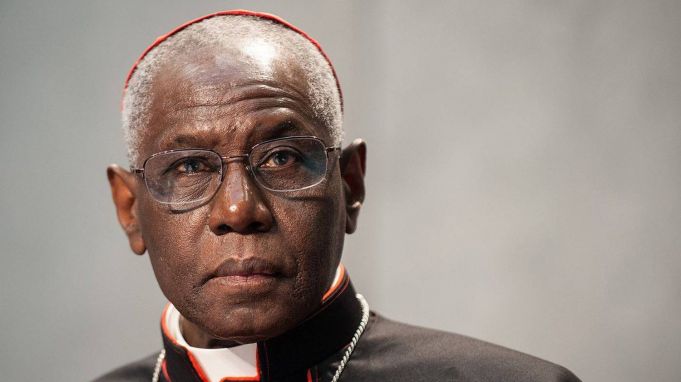
Cardinal Roberto Sarah, 79, is considered an arch-conservative for his defence of traditional church teachings, making him a hero to traditionalist Catholics. A former prefect of the Congregation for Divine Worship and the Discipline of the Sacraments, Sarah has also spoken out against Islamic fundamentalism, denounced ‘gender ideology’ as a threat to society, and warned against the dangers of Western secularism. As the conclave draws near, he is garnering growing support on social media where he is being touted as an "anti-woke alternative to Pope Francis".
Péter Erdő, Hungary
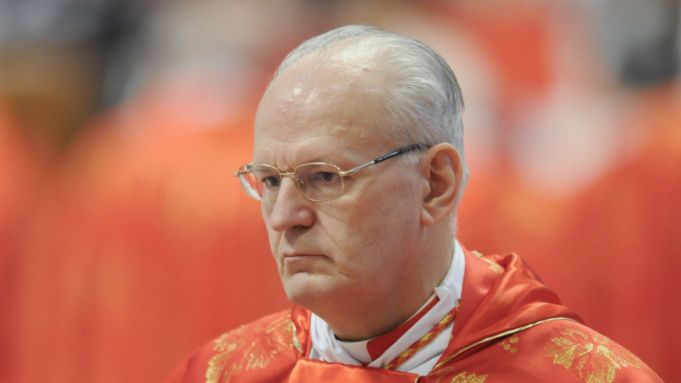
Hungarian Péter Erdő, 72, is a conservative and a strong advocate for traditional Catholic teachings and doctrine. A high-profile cardinal for two decades, Erdő was part of the conclaves that elected Francis and Benedict XVI. Archbishop of Budapest and primate of Hungary, Erdő was twice elected head of the Council of European Episcopal Conferences. In 2015 he appeared to align himself with Hungary’s nationalist prime minister Viktor Orbán by opposing Francis’ call for churches to take in migrants, claiming it would constitute human trafficking.
Fridolin Ambongo Besungu, DRC
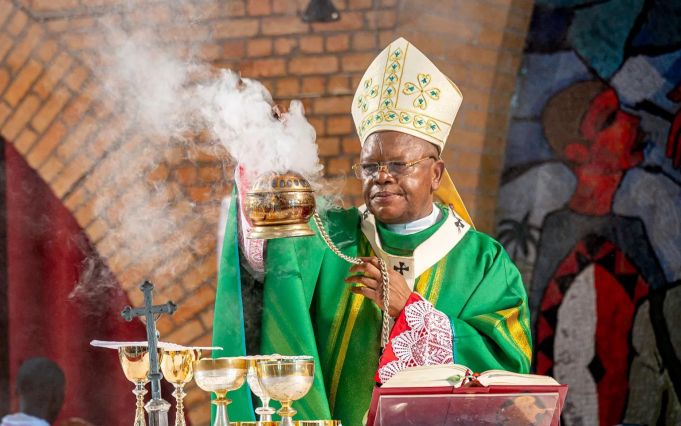
Fridolin Ambongo Besungu, 65, has served as Archbishop of Kinshasa in the Democratic Republic of Congo (DRC) since 2018. He was appointed a cardinal by Pope Francis in 2019. Seen as one of Africa's leading candidates as a potential future pope, Ambongo holds firm traditional views and is a vocal opponent of same-sex blessings, describing homosexual unions as "intrinsically evil". He is also known for his social justice work and for speaking out against political corruption, environmental exploitation and human rights abuses.
Pierbattista Pizzaballa, Italy
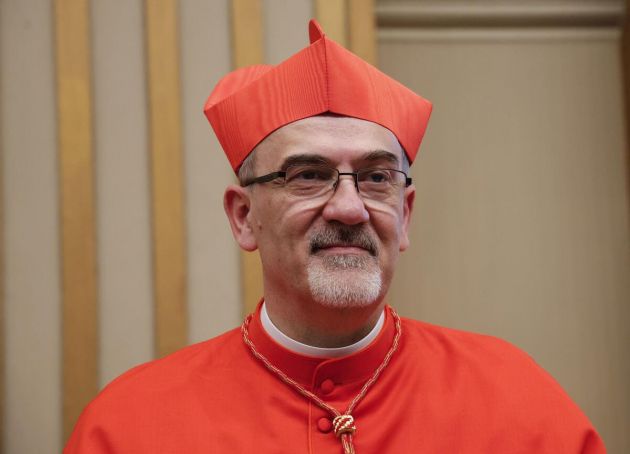
A Franciscan friar from the northern Italian city of Bergamo, Pizzaballa was made a cardinal by Pope Francis in 2023 and has served as Latin Patriarch of Jerusalem since 2020. Pizzaballa, 60, has lived in the Holy Land for over three decades and speaks fluent Hebrew. He shared views with Francis on the environment and inter-religious dialogue, telling La Stampa newspaper of his desire for a pontificate in continuity with that of the late pontiff, including openness to immigrants and a greater role for women in the Church.

















